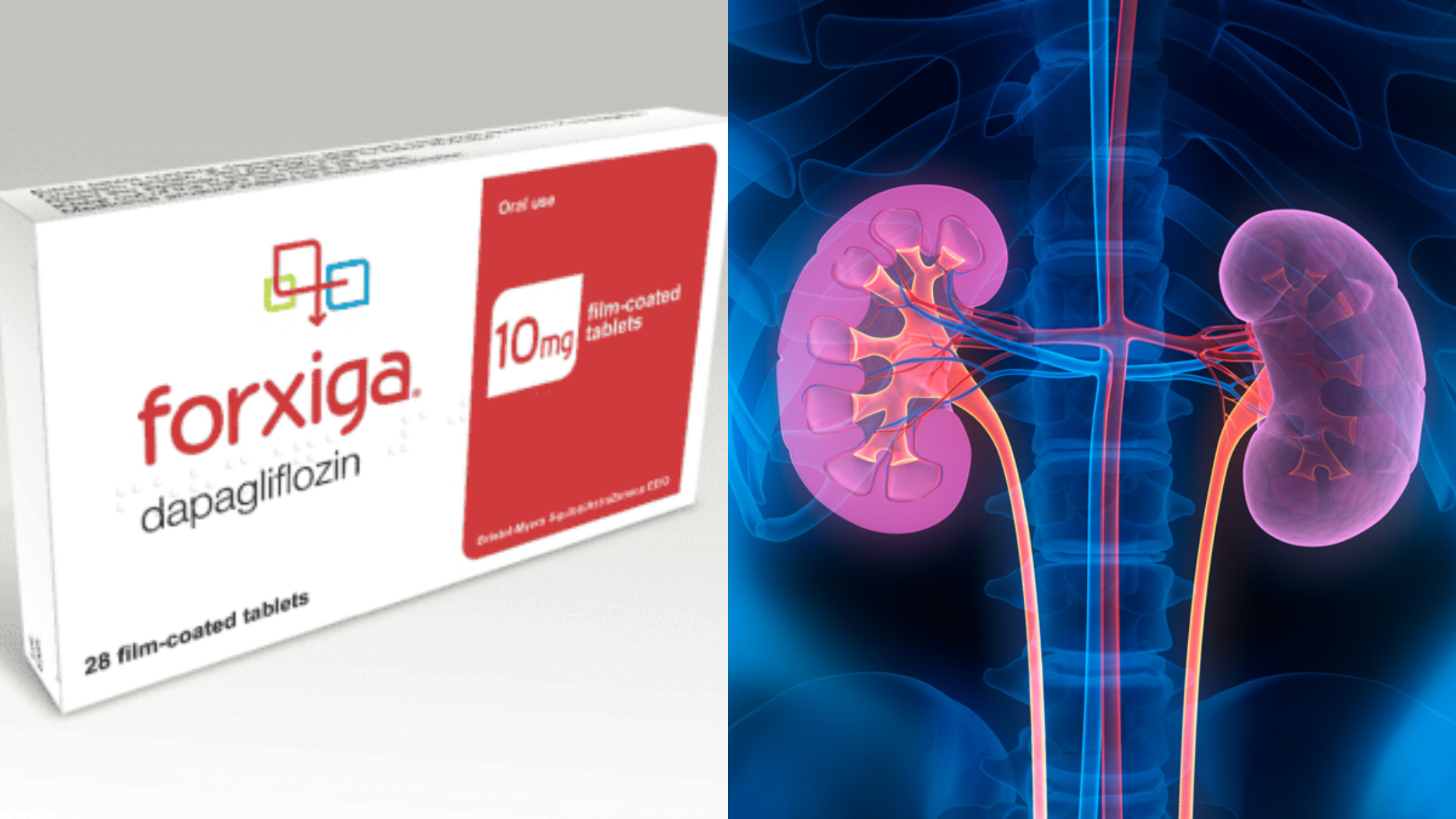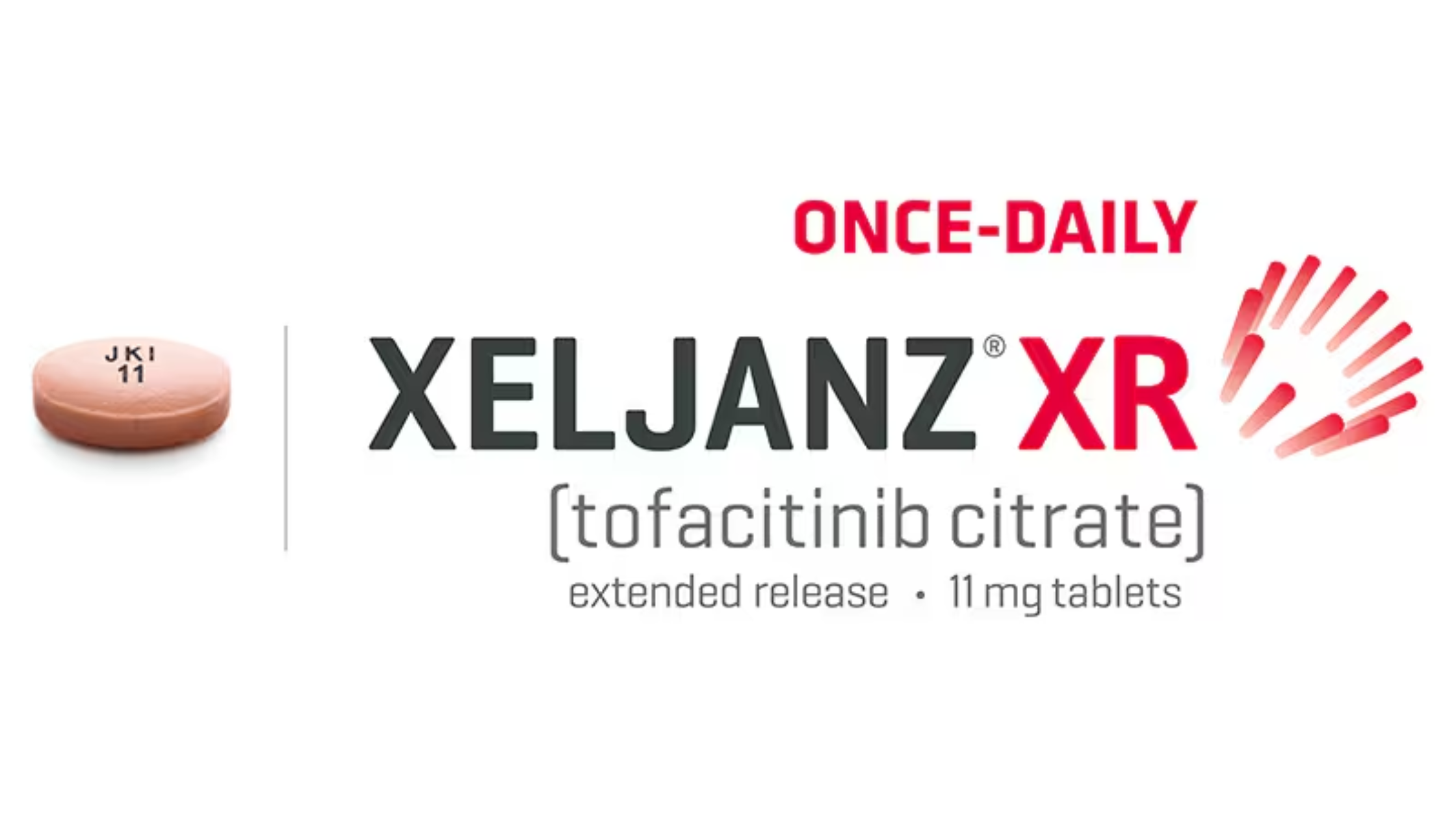Is Forxiga bad for kidneys? No. When used appropriately, under medical supervision, Forxiga is not bad for your kidneys—in fact, it preserves kidney health long-term if you are diagnosed with CKD or type 2 diabetes.
Forxiga (generic name dapagliflozin) is part of the SGLT2 inhibitor drug class, widely used for treating type 2 diabetes, heart failure, and chronic kidney disease (CKD). The question we have is: Is Forxiga bad for the kidneys? This requires you to distinguish between acute risks and long-term benefits.
Acute Kidney Injury (AKI)
- Post‑marketing reports and FDA warnings have linked SGLT2 inhibitors (including dapagliflozin) to rare cases of acute kidney injury, especially soon after starting the medication, often in dehydrated people, on diuretics, or have low blood pressure or pre-existing kidney impairment myastrazeneca.co.uk+15Drugs.com+15Cardiovascular Disease Hub+15U.S. Food and Drug Administration+1Wikipedia+1.
- In reported cases, around half occurred within 1 month of initiation; most improved after the drug was stopped, U.S. Food and Drug Administration.
- Drug labels emphasize risk and recommend assessing kidney function before and during treatment, ensuring adequate hydration, and halting the drug if AKI symptoms (e.g., reduced urine output, swelling) appear.
Bottom line: There’s a small but real risk of AKI, particularly early on or in vulnerable individuals, but with careful use and monitoring, this is manageable.
Long‑Term Kidney Protection
- Multiple large-scale clinical trials (e.g., DAPA‑CKD) and regulatory reviews confirm that dapagliflozin slows progression of CKD, reducing risks of sustained eGFR decline, kidney failure, cardiovascular events, and death—both in people with and without diabetes, farxiga.com+15myastrazeneca.co.uk+15Oxford Academic+15.
- It’s approved globally for CKD treatment—including Europe, the US, Canada, Australia, and the UK—based on robust kidney-protective evidence, Oxford Academic.
- Some patients experience a mild, temporary drop in eGFR during the first few weeks, which then stabilizes, with long-term benefits outweighing this initial dip.
- Clinical guidelines (e.g., NICE, KDIGO) now recommend SGLT2 inhibitors like dapagliflozin as part of standard CKD management for eligible patients.
Bottom line: Strong, high-quality evidence shows that dapagliflozin protects kidney function over time and slows CKD progression.




